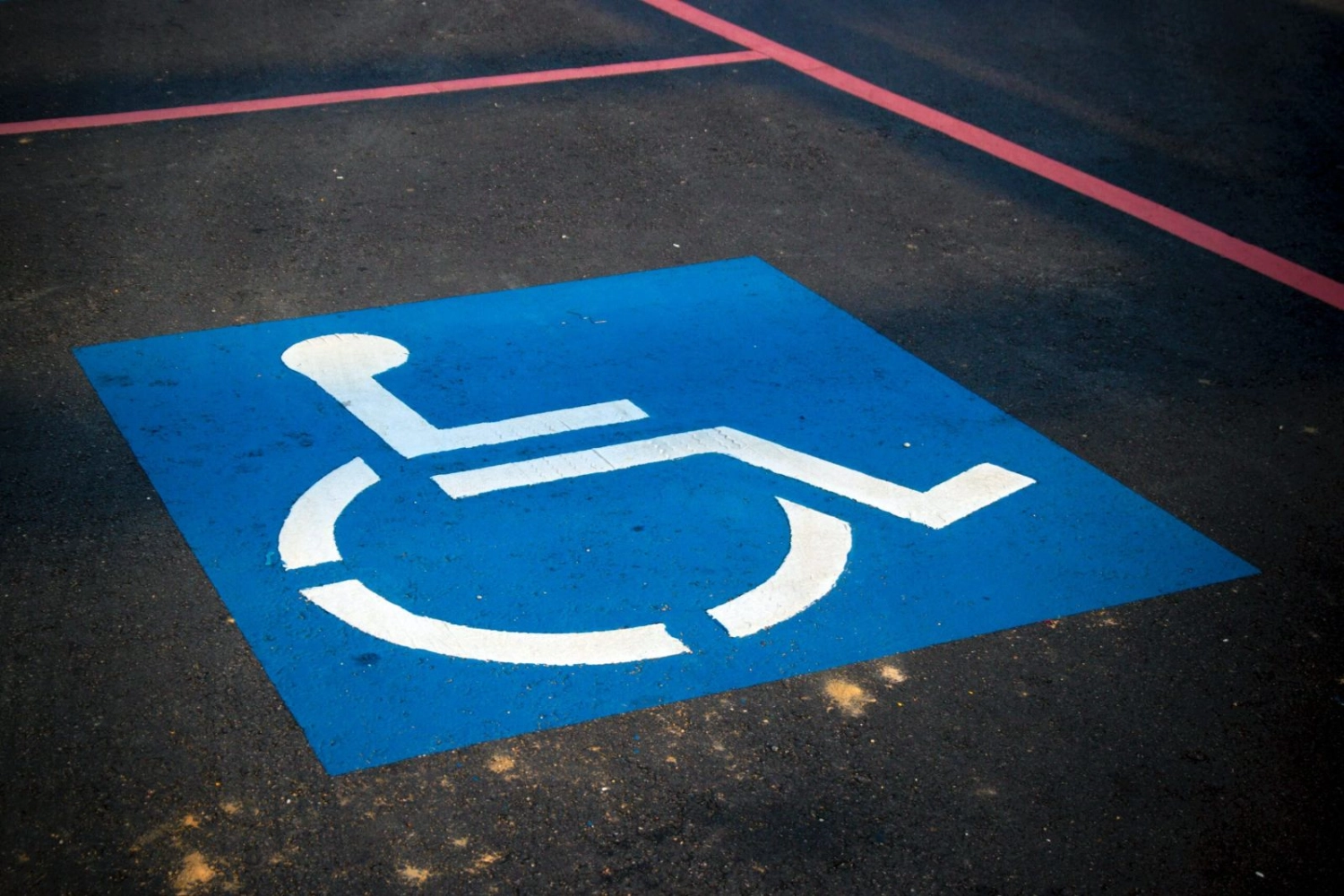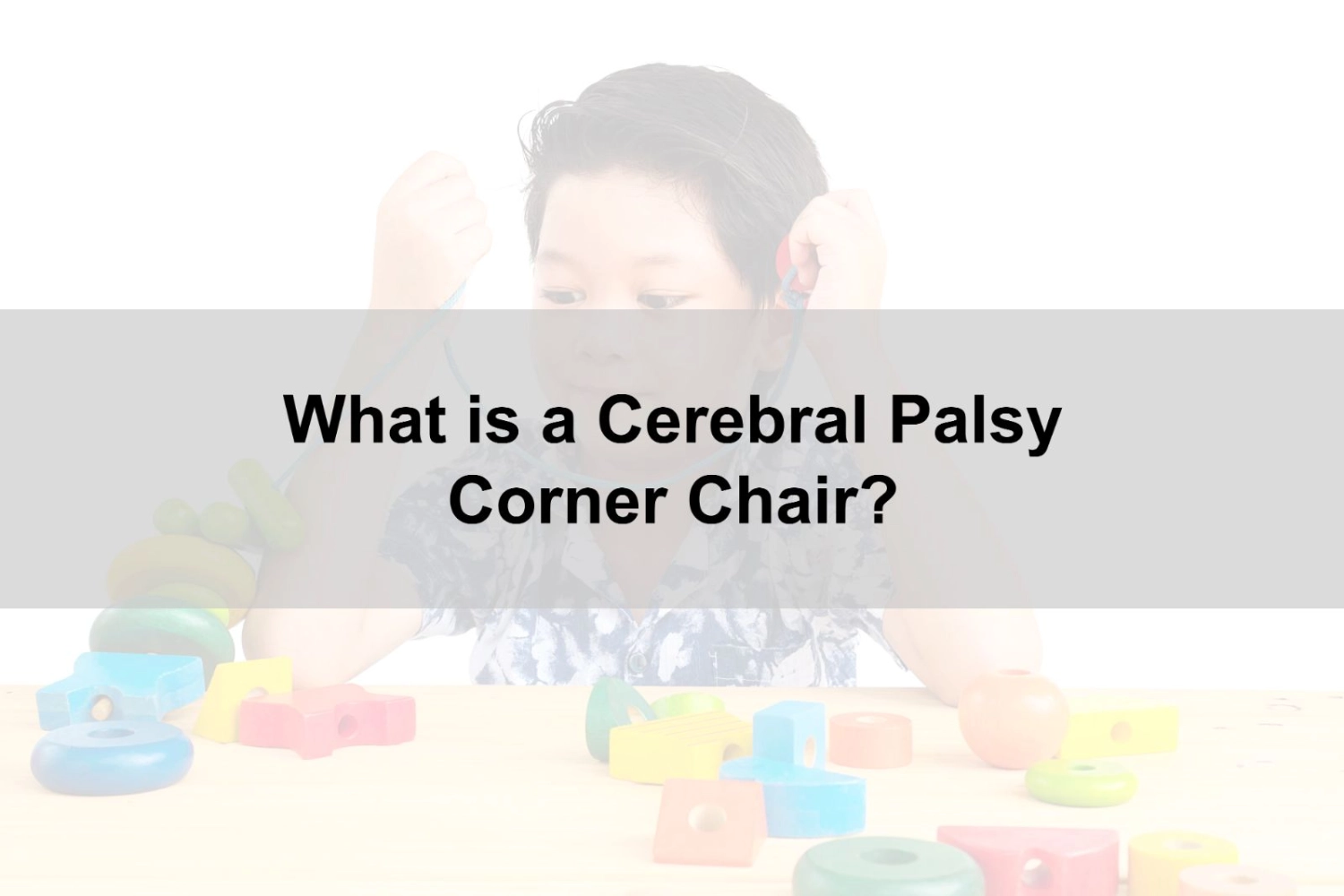How does Rehabilitation Help with Recovery?
Rehabilitation is a critical aspect of healthcare that focuses on helping individuals recover from injuries, illnesses, or surgery. The goal of rehabilitation is to help patients regain their independence, improve their quality of life, and prevent long-term disability. Rehabilitation can include a range of interventions, such as physical therapy, occupational therapy, speech therapy, and cognitive-behavioral therapy, among others. These interventions are designed to improve the patient's physical, psychological, and social functioning, and to support them in achieving their goals.
Physical therapy focuses on restoring mobility, improving strength, and increasing endurance. Physical therapists may use a range of interventions such as exercises, manual therapy, and modalities like ultrasound or electrical stimulation to help patients recover from injury or illness.
Here are three types of physical therapy:
- Range of motion exercises: These exercises aim to restore flexibility and movement to affected body parts, such as the arms, legs, or back. Range of motion exercises may include stretches, gentle movements, or the use of assistive devices to improve mobility.
- Strength training exercises: Strength training exercises aim to rebuild muscle strength and endurance in areas that have been weakened due to injury or illness. These exercises may include weightlifting, resistance band exercises, or bodyweight exercises such as squats and lunges.
- Balance and coordination exercises: These exercises aim to improve balance and coordination, which are essential for preventing falls and regaining independence. Balance and coordination exercises may include standing on one leg, walking heel-to-toe, or practicing balance on an unstable surface such as a balance board or foam pad.

Here are three tasks patients can relearn during occupational therapy:
- Self-care tasks: Self-care tasks are activities of daily living (ADLs) that individuals need to perform for their personal care, such as bathing, grooming, dressing, and toileting. Occupational therapy can help patients relearn these tasks by developing exercises to improve their fine motor skills, balance, and coordination, and teaching them adaptive techniques or the use of assistive devices.
- Household tasks: Occupational therapy can also help patients relearn household tasks, such as cooking, cleaning, and laundry. The therapist may develop strategies to modify the environment, such as rearranging kitchen tools or using long-handled cleaning tools, and teach patients energy conservation techniques to prevent fatigue and pain.
- Work-related tasks: Occupational therapy can help patients relearn work-related tasks, such as typing, lifting, and using tools or machinery. The therapist may develop exercises to improve strength and endurance, teach patients proper body mechanics and ergonomics, and recommend assistive devices or modifications to the work environment to improve safety and productivity.

During a speech therapy session, a speech-language pathologist (SLP) will work with the patient to identify their specific communication goals and develop a personalized treatment plan. The treatment may include a variety of exercises and techniques aimed at improving speech clarity, language comprehension, and social communication skills.
Cognitive-behavioral therapy (CBT) is a form of psychotherapy that focuses on changing negative thought patterns and behaviors that may be causing or exacerbating mental health conditions, such as anxiety, depression, or post-traumatic stress disorder (PTSD). For individuals who have experienced a significant loss of function or independence, CBT can be used to help them adjust to their new circumstances and develop coping strategies to manage any feelings of grief, frustration, or anger and develop more positive and adaptive behaviors.
Overall, CBT is a versatile and effective approach that can be used in many different contexts, including rehabilitation. By helping individuals to develop the skills and strategies they need to manage their symptoms and improve their quality of life, CBT can be an important part of the rehabilitation process.

Finally, rehabilitation is essential in preventing long-term disability. Without proper rehabilitation, patients may be at risk of developing chronic conditions or long-term disabilities that can significantly impact their quality of life. Rehabilitation can help patients prevent these conditions by teaching them how to manage their condition, exercise safely, and maintain a healthy lifestyle.
In conclusion, rehabilitation is an essential aspect of healthcare that helps patients regain their physical, mental, and social abilities after an injury, illness, or surgery. By helping patients regain their physical abilities, manage pain, regain their independence, and prevent long-term disability, rehabilitation can significantly improve their quality of life and prevent long-term complications. Therefore, it is crucial for healthcare providers to prioritize rehabilitation as part of their patient's treatment plan.
07 Apr 2023







![Top 10 Blood Test & Health Screening Centres in KL [2024] Top 10 Blood Test & Health Screening Centres in KL [2024]](https://cdn1.npcdn.net/images/170606551385ac4eaadd720d5e2bff9e1b17ef883c.webp?md5id=f743456c2e829c48b24c85ebd8024eba&new_width=1000&new_height=1000&size=max&w=1686755673&from=jpeg)








